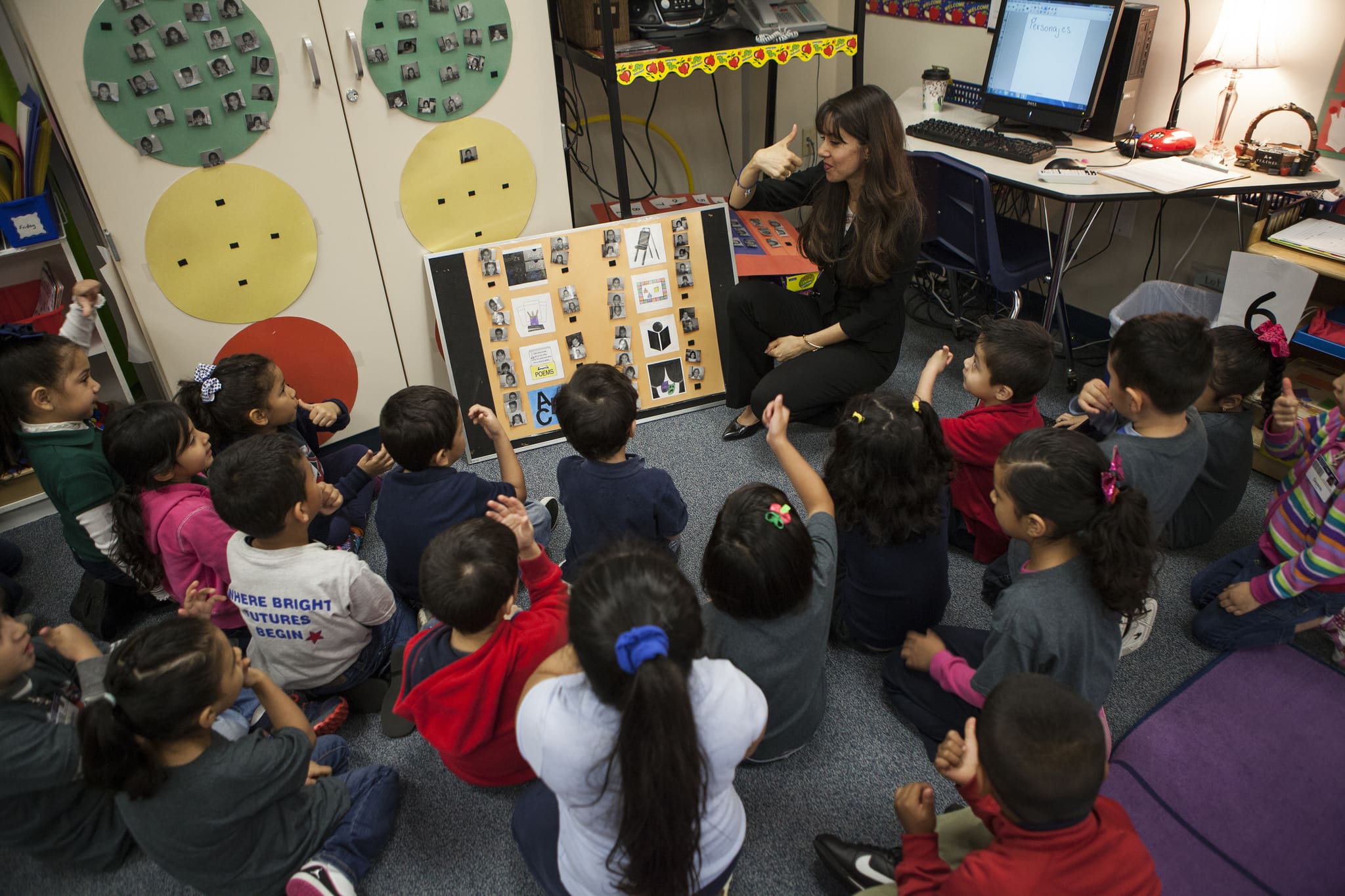Pre-K during the Special Session
After a disappointing regular session for early childhood education, the special session currently offers two final opportunities for lawmakers to make improvements to Pre-K. During the regular session, CPPP recommended that the Legislature increase formula funding by providing full-day funding for districts that are already running full-day programs (at least seven hours a day). While that idea did not generate much support during the regular session, the Legislature has the chance to take up this recommendation in the form of HB 140, filed by Rep. Giddings during the special session. The bill is currently pending in the House Public Education Committee. Meanwhile, 53 percent of four-year-old Pre-K students in the state are already enrolled in a full-day program and are counted as “half-students” for attendance and funding purposes. This means that while most Pre-K students are in programs that last at least seven hours each day, the state still compensates districts as if they are running “half-day” programs, which require less funding to operate.
The second opportunity for improvement comes again from Rep. Giddings, who also authored HB 232. This bill limits Pre-K class sizes to 22 students, which is the same maximum class size for kindergarten through fourth grade. Class size limits are an important Pre-K quality measure that is still missing from the standards mandated by the Legislature during the regular session. HB 232 was introduced in the House’s Public Education Committee on August 1.
Passing HB 140 and HB 232 would be important first steps in improving Texas’ Pre-K program. Unfortunately, the fact remains that the Legislature has sent school districts on an impossible mission to increase the quality of their programs while supplying them with less money to do it.
Legislature Eliminates Pre-K Funding Sources
While we should strive to provide high quality Pre-K programs for young Texans, the state cannot expect districts to be successful without giving them the tools needed to accomplish this worthy goal. In the final 2018-2019 budget, the Legislature eliminated $118 million in two-year funding for the High Quality Pre-K grant program, while at the same time requiring all districts—even those who did not apply or turned downed the grant funding—to meet the enhanced quality requirements of the grant program. Also eliminated was $15 million a year in supplemental Pre-K funding, which is distributed to every school district based on Pre-K enrollment. In total, lawmakers cut $148 million from Pre-K, leaving school districts with the impossible task of improving their programs with less money from the state.
Prior to the 85th legislative session, ninety percent of the funding for the state-supported Pre-K program came from the Foundation School Program (FSP), which is a set of formulas that determine how much funding school districts receive for operations and facilities. The particular amount that the state grants to individual districts is based on average daily attendance. The remaining 10 percent of Pre-K funding came from “outside formula” funding, namely the High Quality Pre-K Grant Program (six percent), Texas School Ready! Program (two percent), and supplemental Pre-K funding (two percent).
The 2018-2019 budget eliminated “outside formula” funding for classroom support altogether, leaving school districts with only FSP funds to provide Pre-K to eligible four- and three-year olds. In total, FSP funding for Pre-K amounts to $1.58 billion for the next two years. This amount, compared to the previous biennium’s FSP funding of $1.515 billion, hardly makes up for what was lost in outside formula funding. This is especially true when taking into account the fact that Texas schools are serving more Pre-K students each year. Pre-K student growth typically follows that of other grade levels, and in the 2016-2017 school year, enrollment in public schools throughout the state was up 1.1 percent from the school year prior.
“High Quality” Pre-K Is No Longer Optional (or Funded)
In addition to providing less funds for schools, the Legislature mandated that districts spend at least 15 percent of their FSP funds on “high quality” Pre-K programs, which were previously optional. The Texas Education Agency (TEA) is tasked with enforcement and has said it will “implement monitoring as necessary to ensure that FSP funds are used as described.” Lawmakers demand that all Pre-K programs throughout the state adhere to new standards regarding curriculum, family engagement, and teacher training—all without the additional funds needed to implement these changes.
Despite this funding shortfall, the regular session did see a victory in Pre-K quality measures with the passage of HB 674 by Rep. Eric Johnson. The new law requires school districts and charter schools to develop positive behavior programs that provide alternative disciplinary actions besides in- or out-of-school suspension. The new law also limits the reasons for which students in a grade level below grade three may be placed in out-of-school suspension.
HB 674 is a positive step toward improving the quality of Texas’ Pre-K programs. By passing HB 140 and HB 232, the Legislature can create more pathways for our youngest students to succeed. However, without adequate funding, the success of Pre-K students will be limited until the Legislature decides to fully fund Pre-K in Texas.

